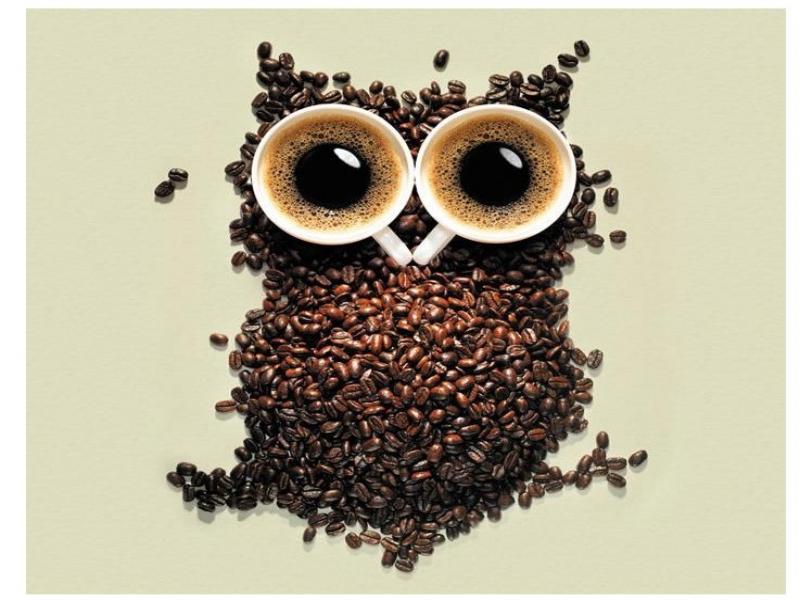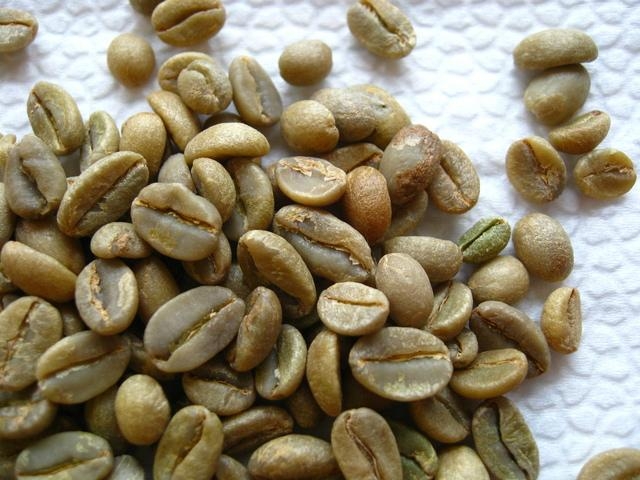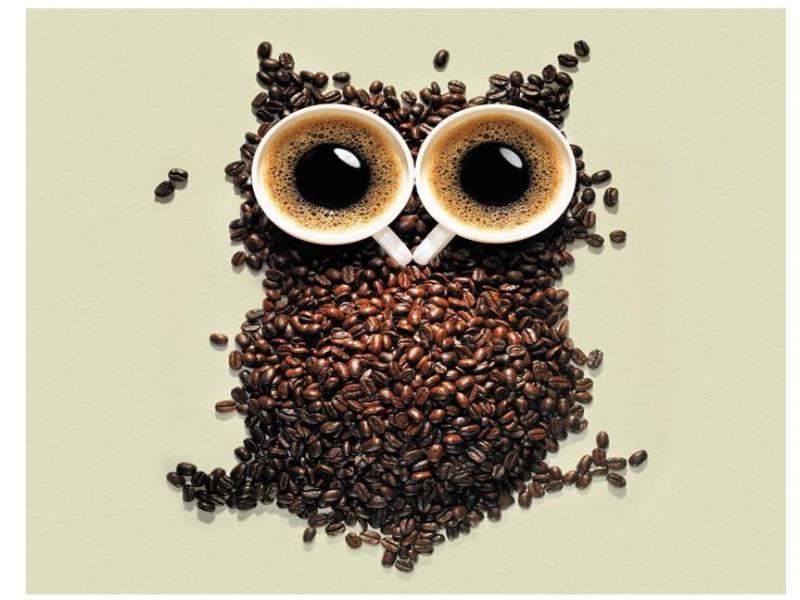The history and characteristics of Kopi Luwak where does the best Kopi Luwak come from? how much is the price?
Coffee comes from the excrement of an animal called the civet (commonly known as the civet in Indonesia), which likes to choose the most ripe, sweet, juicy coffee fruit in the coffee tree as food. The coffee fruit passes through its digestive system, and only the pulp on the outside of the fruit is digested, and the hard coffee beans are then excreted intact by the civet's digestive system. This digestion process, so that coffee beans have an unparalleled magical change, the flavor tends to be unique, the taste is particularly mellow, rich and round sweet taste is also unmatched by other coffee beans. This is due to the fact that the civets' digestive system destroys the protein in the coffee beans, making the coffee much less bitter and increasing the round taste of the coffee beans. Because wild civets are obviously better at selecting good coffee fruits, this kind of coffee has outstanding characteristics.
After processing and baking, Kopi Luwak has become a luxury coffee drink and spread to luxury kingdoms around the world. Local coffee farmers, in pursuit of high profits, bring wild civets home to raise them so that they can produce more Kopi Luwak. However, the Kopi Luwak produced by breeding civets will be much worse in color and taste. Even so, the output of this kind of coffee is still very rare, and it is not affordable for all people who like coffee.
The characteristics of Kopi Luwak
Kopi Luwak tastes delicious, mellow, sweet and slippery, and its unique smell is more unforgettable. It is known as gourmet coffee and is delicious because of its rarity. Not bitter, not sour, not astringent, but a little more milk flavor, and after entering the throat without scraping the stomach will not cause stomach discomfort. Even if it is cold, the taste is still mellow. After tasting it, the cup still has a sweet smell of milk.
What are the benefits of drinking coffee:
1. Coffee contains certain nutrients.
Coffee nicotinic acid contains vitamin B, roasted coffee beans are higher in content, and there are free fatty acids, caffeine, tannic acid and so on.
2. Coffee is good for the skin.
Coffee can promote metabolic function, activate digestive organs, and has a great effect on constipation; moreover, taking a bath with coffee powder is a kind of thermotherapy, which has the effect of losing weight.
3. Coffee has the function of relieving alcohol.
Drinking coffee after drinking alcohol will lead to the rapid oxidation of acetaldehyde converted from alcohol and will be broken down into water and carbon dioxide and discharged from the body.
4. Coffee can relieve fatigue.
To eliminate fatigue, it is necessary to supplement nutrition and sleep, and coffee has these functions.
5. Three cups of coffee a day can prevent gallstones.
For coffee containing caffeine, it can stimulate gallbladder contraction and reduce cholesterol, which is easy to form gallstones in bile. New Harvard University researchers have found that men who drink two to three cups of coffee a day are less than 40% likely to develop gallstones.

6. Drinking coffee regularly can prevent radiation injury.
Indian Barba atomic researchers have found in mouse experiments that radiation damage, especially from electrical appliances, has become a prominent form of pollution, and that regular coffee drinking can prevent radiation damage.
7. The health care and medical function of coffee.
Coffee has the functions of anti-oxidation and heart protection, strengthening muscles and bones, benefiting waist and knees, appetizer, eliminating fat and accumulation, promoting orifice and dehumidification, promoting blood circulation and removing blood stasis, relieving wind and relieving spasm and so on.
8. The influence of coffee on emotion.
Experiments show that the average person absorbs 300 mg of caffeine (about 3 cups of brewed coffee) a day, which has a good effect on a person's mood.
Important Notice :
前街咖啡 FrontStreet Coffee has moved to new addredd:
FrontStreet Coffee Address: 315,Donghua East Road,GuangZhou
Tel:020 38364473
- Prev

Basic knowledge of coffee beans-to give you a deeper understanding of the characteristics of coffee
Freshness: there is a saying in the coffee industry that freshness is the life of coffee, so how to determine the freshness of coffee beans has become a key issue. Experts say: there are three main steps: smell, see, peel. Smell: just to see if you can smell the aroma of coffee beans. If you can, coffee beans are fresh enough. On the contrary, the aroma is weak or greasy, indicating that the coffee bean is already
- Next

Various categories of coffee beans and explanations of different tastes
The origin of Yirgacheffe coffee beans: although it is petite, it is gentle and delicate, sweet and lovely. As the hometown of coffee, thousands of years of planting history and processing tradition in Ethiopia have created high-quality washed Arabica beans. Light baking has unique sweet aromas of lemon, flowers and honey, soft acidity and citrus flavours.
Related
- Guji coffee producing area of Guji, Ethiopia: Humbela, Shakiso, Wulaga
- What is the most expensive variety of Qiloso in BOP multi-variety group?
- How to store the coffee beans bought home?
- Why are Yemeni coffee beans so rare now?
- Ethiopian Sidamo all Red Fruit Sun Sun Santa Vini Coffee beans
- SOE is mostly sour? What does it mean? Is it a single bean? what's the difference between it and Italian blending?
- Is Italian coffee beans suitable for making hand-brewed coffee?
- How to choose coffee beans when making cold coffee? What kind of coffee beans are suitable for making cold coffee?
- Just entered the pit to make coffee, what kind of coffee beans should be chosen?
- Can only Japan buy real Blue Mountain Coffee? What are authentic Jamaican Blue Mountain coffee beans?

